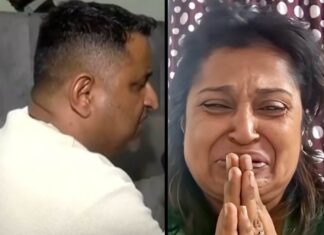By Yash Sood
On 8 January 1964, President Lyndon B. Johnson declared a war on poverty in the US. But after 50 years of struggle, that goal of making the country poverty-free seems to have failed. LBJ stated that this war would be an “investment” which will “return its cost”. But what does America have to show for its investment? Apparently, nothing. But, there is one thing for sure, that the war on poverty has achieved quite a lot. The condition of an American poor is better than the one in 1960s. He owns a house which is better than a non-poor German or English. Majority of the poor are not under-nourished and have not suffered from hunger for even a single day, last year.
If all this is true, as the government sources have argued, then why are they considered to be poor? Perhaps, the government figures on poverty are misleading. But one of the main reasons for this is that the census doesn’t take welfare benefits ($9000 per recipient!) as part of the income. Considering the improved standard of living, the war on poverty doesn’t seem to be a complete fiasco. Considering the opinion of President LBJ, it seems to be a catastrophe. LBJ always wanted to strengthen poor Americans’ capacity to support themselves. A changing labour market, which no longer offers sufficient wages to the workers, has not helped and thus, a larger segment of the population is now even less capable of self-sufficiency than the time when the war on poverty had begun. Politicians will tell you that they have been waging war on poverty since 1960s. But the matter of fact is that for politicians, poverty is a true friend, they have no intentions of reducing it- forget about eliminating it. Consider the advantages of poverty for them:
1. A ready-made vote bank if you just promise them more
handouts or portray the opposition, as the one trying to cut the
handouts they are getting!
2. Most of them show up at the rallies and are able to staff the
campaigns.
3. But perhaps, the most important aspect is that they give the politicians
a control over billions of dollars.
So what do we do to restore LBJ’s original mission in the war on poverty? We can do it overnight if we want to. One step is to create more jobs; another is to remove the penalties imposed on the low- income group by the income tax system. This, perhaps, would be a better plan rather than spending millions on the obsolete programs.
Putting this in a different way, the problem of poverty has become a part of a broader problem, the rising income inequality, in which only a small group of elite individuals gets the fruit, leaving everyone else behind.



































